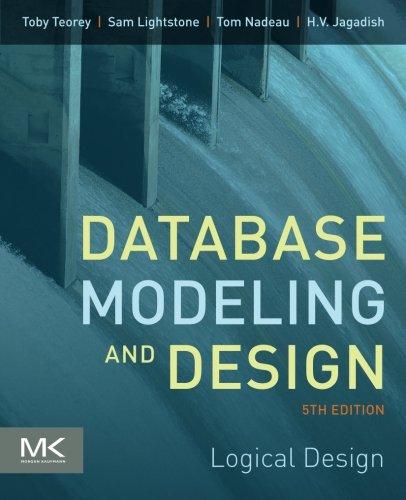Question
In C++ Only the evalPalindrome() method in Palindrome.cpp needs to be modified, everything else is good. StackMain.cpp #include #include #include #include #include #include Palindrome.h using
In C++

Only the evalPalindrome() method in Palindrome.cpp needs to be modified, everything else is good.
StackMain.cpp
#include
void testForPalindrome(string origPhrase);
int main (void) { const int NUM_PHRASES = 4; string allPhrases[NUM_PHRASES] = {"kayak", "Read dear", "Madam, I'm Adam", "The End"}; for (int i = 0; i
void testForPalindrome(string origPhrase) { string reversePhrase;
Palindrome phrase(origPhrase);
if (phrase.evalPalindrome(reversePhrase)) { cout
Palindrome.cpp
#include "Palindrome.h" using namespace std;
Palindrome::Palindrome () { phrase = ""; }
Palindrome::Palindrome (string newPhrase) { phrase = newPhrase; } bool Palindrome::evalPalindrome (string& reversePhrase) { //Place code here }
ArrayStack.cpp
#include
template
// Copy constructor and destructor are supplied by the compiler
template template template template StackInterface.h #ifndef _STACK_INTERFACE #define _STACK_INTERFACE template Palindrome.h #include #ifndef PALINDROME_H #define PALINDROME_H class Palindrome { private: /** * stores the letters in the string while it is being evaluated * to determine if it is a palindrome */ ArrayStack /** * original phrase to evaluate to determine if it is a palindrome */ string phrase; public: /** * Default constructor. Initializes expression to an empty string. */ Palindrome (); /** * Overloaded constructor that initializes the phrase. * @param - newPhrase - original phrase tested to determine if it is a * palindrome */ Palindrome (string newPhrase); /** * Evaluates the phrase to determine if it is a palindrome. Uses * a stack to reverse the order of the letters in the phrase and * to determine if the original phrase is a palindrome. A palindrome * is a sequence of letters that reads the same forward and backward; * however, all spaces and punctuation are ignored. * @return - true if phrase is a palindrome; false otherwise * @param reversePhrase - orginal phrase in reverse order, including * all puncutation and spaces */ bool evalPalindrome (string& reversePhrase); }; #endif ArrayStack.h #ifndef _ARRAY_STACK #define _ARRAY_STACK #include "StackInterface.h" const int MAX_STACK = 50; template #include "ArrayStack.cpp" #endif
Step by Step Solution
There are 3 Steps involved in it
Step: 1

Get Instant Access to Expert-Tailored Solutions
See step-by-step solutions with expert insights and AI powered tools for academic success
Step: 2

Step: 3

Ace Your Homework with AI
Get the answers you need in no time with our AI-driven, step-by-step assistance
Get Started


